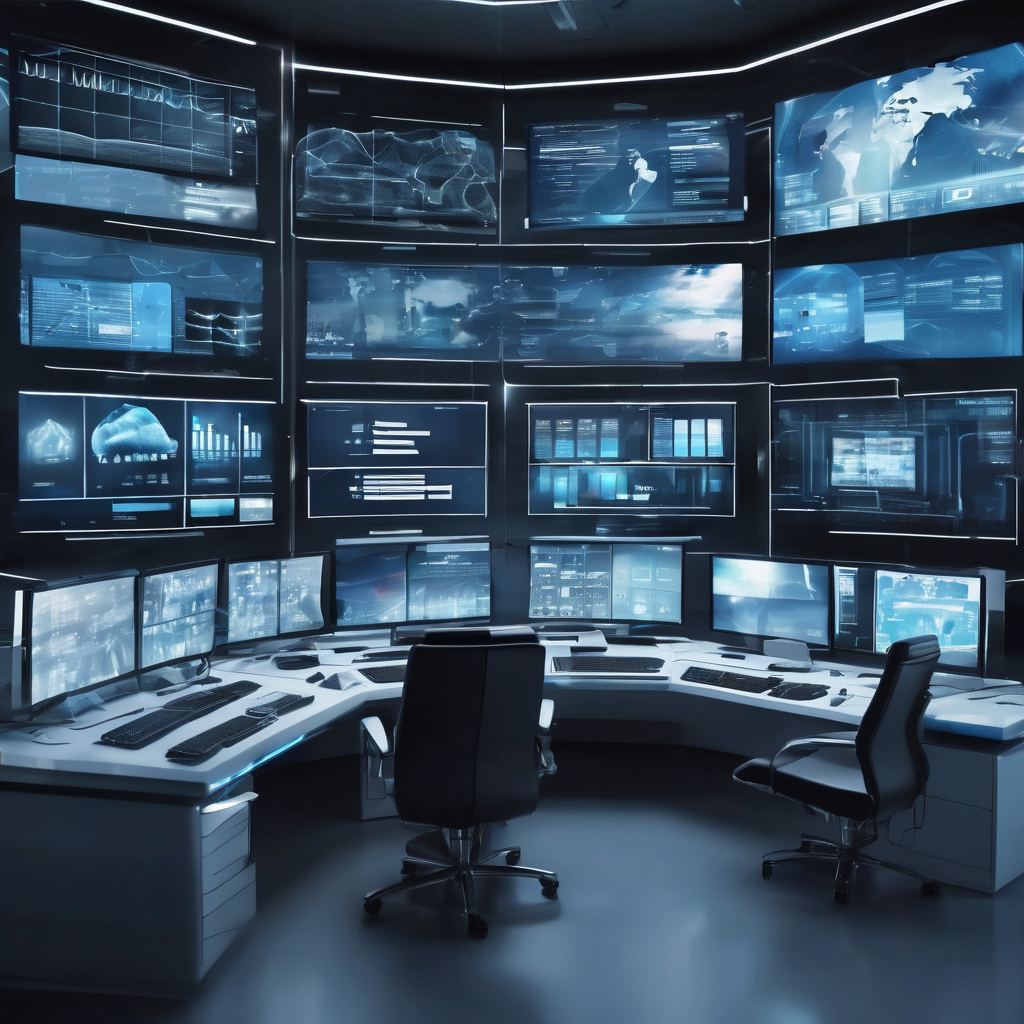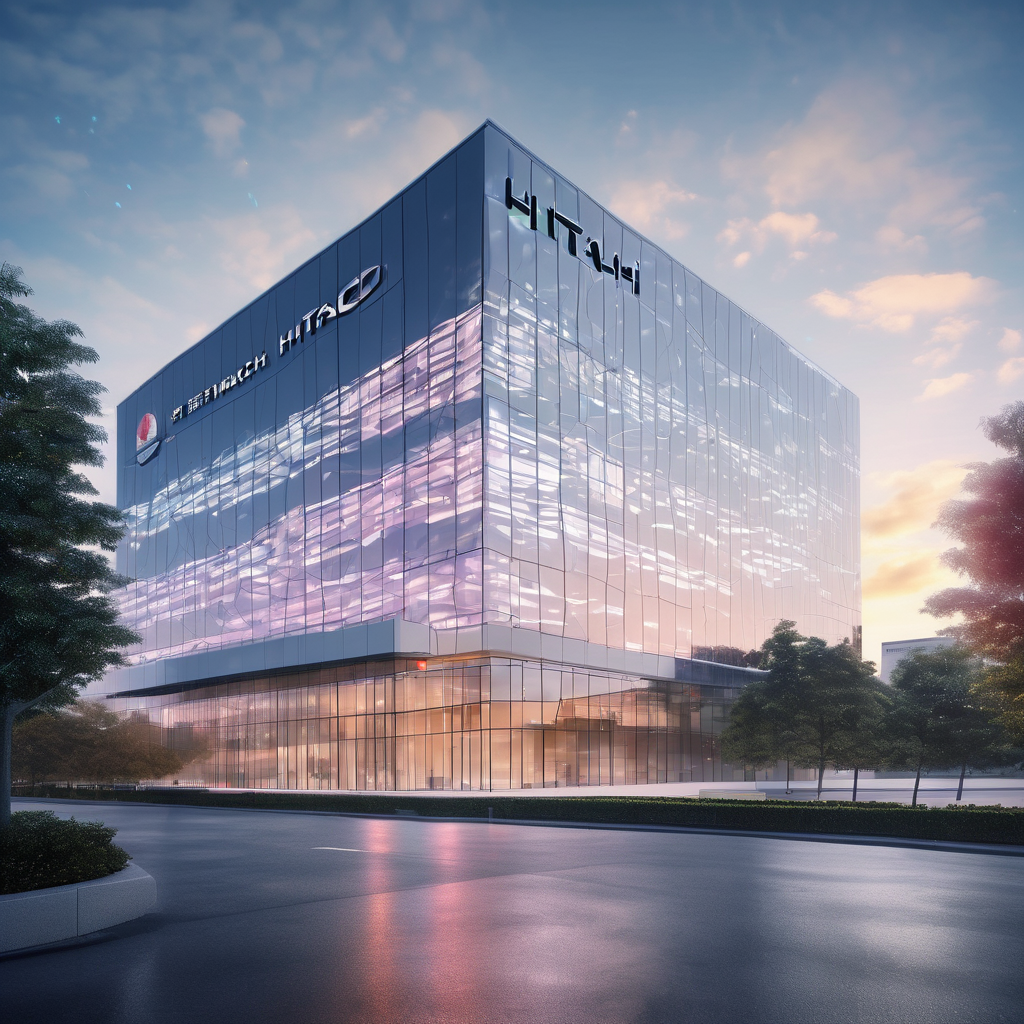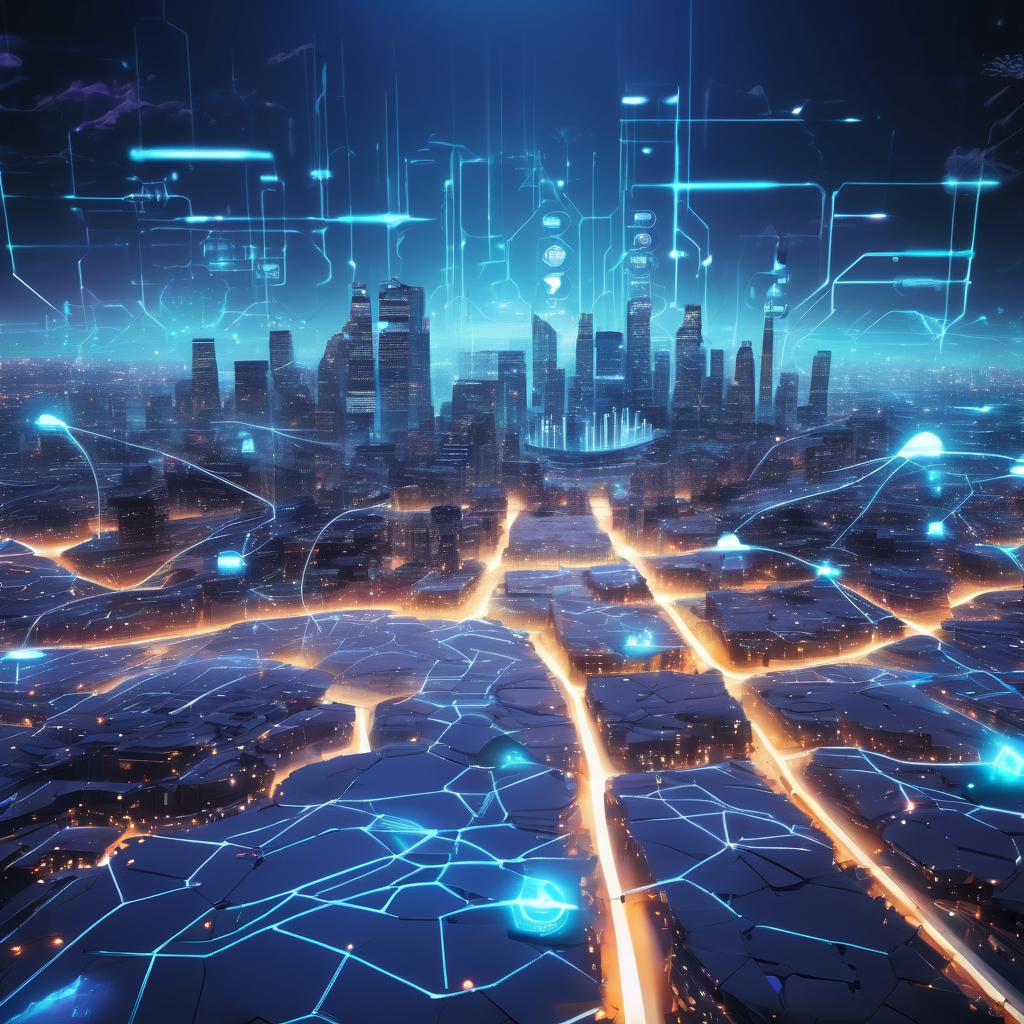
In the heart of Manhattan near Apple stores and Google’s New York headquarters, bus stop posters playfully teased Big Tech companies with messages like “AI can't generate sand between your toes” and “No one on their deathbed ever said: I wish I'd spent more time on my phone. ” These ads, from Polaroid promoting its analog Flip camera, embrace a nostalgic, tactile experience. Patricia Varella, Polaroid’s creative director, noted their brand’s permission to “own that conversation” about analog authenticity. This anti-AI sentiment is part of a broader trend. Across the globe, brands are launching campaigns that tap into consumer fatigue with artificial intelligence. Heineken ran a billboard in New York urging people to make friends “over a beer” instead of through AI. The lingerie brand Aerie declared it won’t use AI in its ads—its most popular Instagram post last year. In India, Cadbury 5 Star launched “Make AI Mediocre Again, ” a campaign aimed at overwhelming content-scraping algorithms with nonsense. Similarly, DC Comics’ Jim Lee announced the company will not support AI-generated storytelling or artwork. This backlash responds to a growing chorus of AI skeptics. Many Gen Zers reject AI for environmental and mental health reasons, and Corporate America employees resist pressure to use AI at work. Despite this, companies are tempted by AI’s promise of cutting costs and saving time, forcing brands to choose sides. Meanwhile, AI-generated advertisements face criticism. Coca-Cola’s AI-crafted holiday trucks and polar bear scenes, and Toys "R" Us’s AI ad featuring its founder as a boy, were widely dismissed as soulless substitutes for human creativity. Brands like H&M, Skechers, and Guess also faced backlash for employing AI avatars instead of human models. Conversely, some brands emphasize authenticity.
Haley Hunter, cofounder of the comedy-focused agency Party Land, which works with clients like Liquid Death and Twitch, stressed that younger consumers crave “unpolished, unpretentious, undeniably real” content, and remain unconvinced by AI-created brands. Supporting this view, a Pew Research study from September revealed that 50% of Americans are more wary than excited about AI’s rise, up from 37% in 2021. Fifty-seven percent see high societal risks, especially regarding the erosion of human skills and connections. Although many want to distinguish AI from human-made content, only 12% feel confident doing so. Clothing retailer Aerie’s recent stance to feature “real people only” in ads aligns with this sentiment, continuing its decade-old commitment against retouching photos. Chief Marketing Officer Stacey McCormick hopes their anti-AI message inspires transparency among other companies. Despite grabbing attention, AI ads face emotional disconnect. Ian Forrester, CEO of creative testing firm DAIVID, found AI-generated ads by brands like Volvo, Microsoft, and Puma slightly exceeded average attention and brand recall but evoked 3% fewer intense positive emotions and 12% more distrust. NielsenIQ’s 2024 findings echoed this, detecting lower memory-triggering effectiveness in AI ads, particularly those featuring human faces and connections. Megan Belden from NielsenIQ explained humans instinctively detect subtle authenticity cues, making AI-generated human expressions feel “off. ” Though entirely AI-driven ads are still in their uncanny valley, AI and advertising are now inseparable. Agencies position themselves as consultants helping marketers incorporate AI efficiently while freeing creative teams to focus on human-driven artistry. Businesses must balance this integration carefully, as rejecting AI could risk competitive disadvantage. For now, anti-AI messaging wins in some sectors, with brands championing “realness. ” Polaroid’s Varella reflected, “There’s always something in our nature, the analog element of us—that layer of imperfection that makes us human and beautifully imperfect — something we think is important to remind people. ”
Brands Embrace Authenticity Amid AI Backlash in Advertising


In today's era of rapidly expanding digital content, social media platforms increasingly rely on advanced artificial intelligence (AI) technologies to manage and monitor the vast volume of videos uploaded every minute.

Elon Musk's artificial intelligence company, xAI, has officially acquired X Corp., the developer behind the social media platform formerly known as Twitter, now rebranded as "X." The acquisition was completed through an all-stock deal valued at approximately $33 billion, and when including $12 billion in debt, the total valuation reaches around $45 billion.

Advantage Media Partners, a digital marketing agency based in Beaverton, has announced the integration of AI-powered enhancements into its SEO and marketing programs.

Salesforce, a global leader in customer relationship management software, has reached a major milestone by closing more than 1,000 paid deals for its innovative platform, Agentforce.

Hitachi, Ltd.

MarketOwl AI has recently introduced a suite of AI-powered agents designed to autonomously handle various marketing tasks, presenting an innovative alternative that could replace traditional marketing departments in small and medium-sized enterprises (SMEs).

Google’s launch of AI Mode in 2025 signifies a groundbreaking evolution in search engine interaction, profoundly transforming online search behavior and content optimization.
Launch your AI-powered team to automate Marketing, Sales & Growth

and get clients on autopilot — from social media and search engines. No ads needed
Begin getting your first leads today